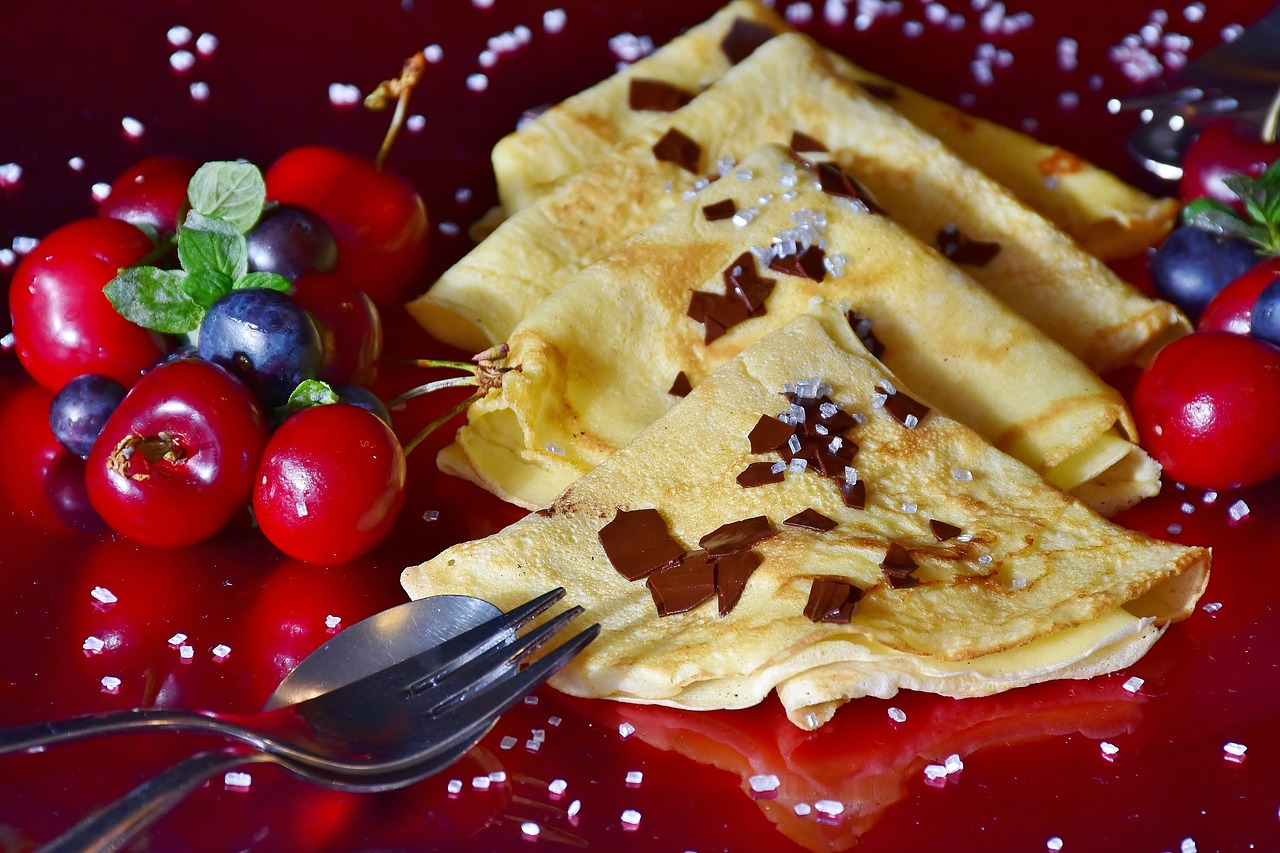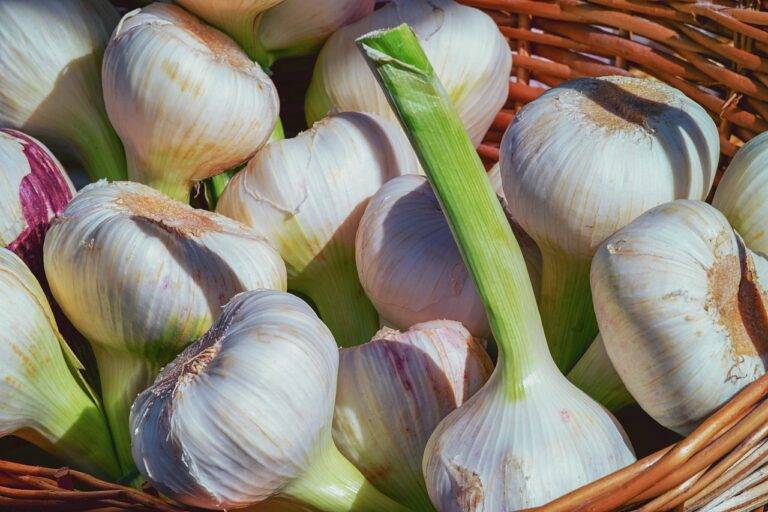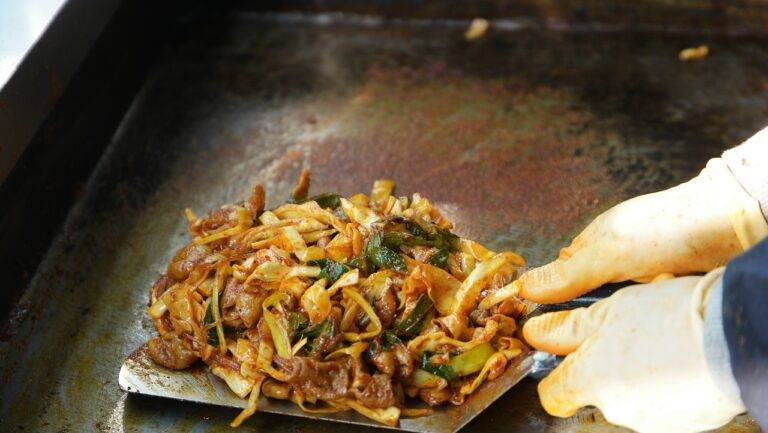The Role of Food in Celebrating Cultural Festivals and Traditions
Traditional foods hold an intrinsic historical significance that transcends generations. These dishes often embody the rich cultural heritage and identity of a community or region. Through the preservation and continuance of traditional recipes, the stories of bygone eras are kept alive, acting as a culinary time capsule.
The preparation of these age-old dishes serves as a link to the past, connecting individuals to their ancestors and the customs they upheld. The flavors and textures of traditional foods evoke memories of gatherings and celebrations, reinforcing familial bonds and shared experiences. As these recipes are passed down through the ages, they not only serve as nourishment but also as a form of cultural preservation and homage to the traditions of the past.
Symbolism of Specific Ingredients in Cultural Festivals
Specific ingredients used in cultural festivals often carry deep symbolic meanings that are rooted in tradition and history. These ingredients play a significant role in connecting individuals to their heritage and communicating important cultural values. For example, the use of rice in many Asian festivals symbolizes abundance, fertility, and prosperity, reflecting the agricultural significance of this staple crop in these communities.
Furthermore, the incorporation of certain spices, such as saffron in Persian culture or cinnamon in many Western traditions, adds layers of symbolism to the dishes prepared during festivals. These spices are often associated with themes of warmth, richness, and even spiritual significance, enhancing the overall experience and meaning behind the culinary creations shared during these special occasions.
Traditional Cooking Methods and Techniques Passed Down Through Generations
Throughout history, traditional cooking methods and techniques have been passed down through generations. Families and communities have preserved these culinary practices, ensuring that their cultural heritage remains alive through the food they prepare. The act of cooking using these time-honored methods connects individuals to their ancestors and roots, creating a sense of continuity and belonging.
In many cultures, the process of passing down traditional cooking methods involves hands-on learning and oral instruction. Younger generations observe and participate in food preparation alongside experienced cooks, absorbing knowledge and skills through practical experience. This apprenticeship model not only teaches the specific techniques of cooking but also imparts cultural values, stories, and customs associated with the dishes being prepared.





